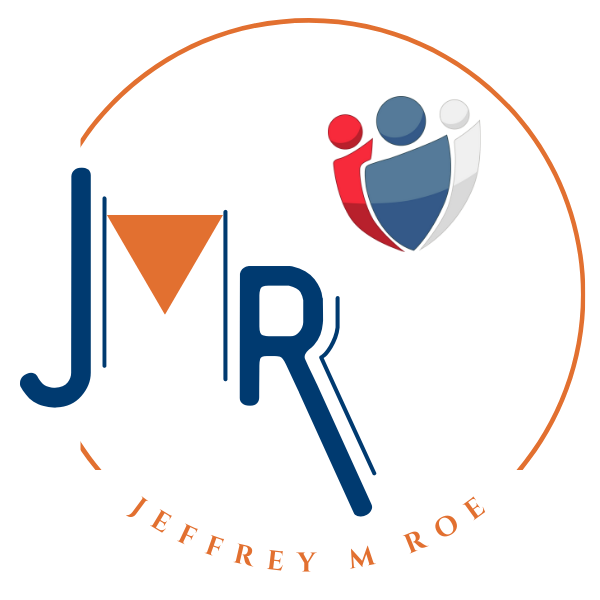The Evolving Role of the HR Business Partner
For too long, HR has been seen as the department of “no” — risk-averse, reactive, and removed from business strategy. That model is obsolete. Today’s HR Business Partner must operate as a Strategic Growth Architect. In a marketplace defined by transformation, talent scarcity, and cultural complexity, the HRBP’s ability to align people strategies with business goals has never been more urgent.
Integrating Culture During M&A Isn’t Optional — It’s the Work
I’ve led over 30 acquisitions in my career. One thing I’ve learned? Culture will either accelerate integration or quietly derail it. Success isn’t just about getting payroll aligned — it’s about aligning values, communication norms, and expectations. That starts before close and continues long after the deal ink dries. You can’t bolt culture on. You have to build it in. And that requires HR to work as an integration partner, not just a compliance check.
Where COEs and HRBPs Must Meet
Enterprise HR teams often underutilize their Centers of Excellence. I’ve seen HRBPs try to solve complex compensation or global mobility issues solo — which only leads to misalignment. When HRBPs bring COEs in early, co-create solutions, and provide business context, we unlock scale, speed, and relevance. The most strategic organizations hardwire collaboration between these two groups — it’s not an option, it’s how the work gets done.
People Analytics Should Predict, Not Just Report
Too often, analytics tells us what already happened. But in the best organizations, it tells us what to do next. I want to know who’s likely to leave — not who left. Who’s ready for the next role. Where leadership gaps exist. And I want to correlate engagement, learning, and performance to real business KPIs like EBITDA. When HR owns that kind of forward-looking insight, it doesn’t just inform business strategy — it becomes business strategy.
HR Must Drive the Business, Not Just Support It
What I’ve learned leading HR in global, matrixed, high-growth organizations is simple: the companies that thrive treat HR as a strategic lever, not an operational function. When HRBPs have a seat at the table — and use it well — we transform the way companies grow, compete, and lead.
My Perspective
There’s never been a better time for HR to lead. We have the data. We have the influence. And if we do it right, we’ll build organizations where performance and humanity coexist — not as trade-offs, but as partners in progress.
Let’s Connect
Let’s connect on LinkedIn.

